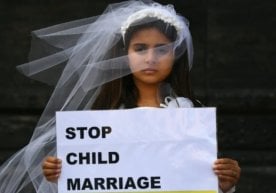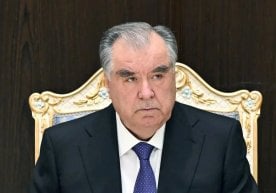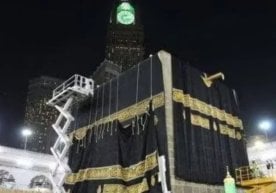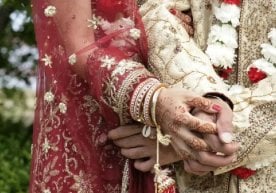The death of a teacher in Kenya has caused an unquenchable rebellion in the country
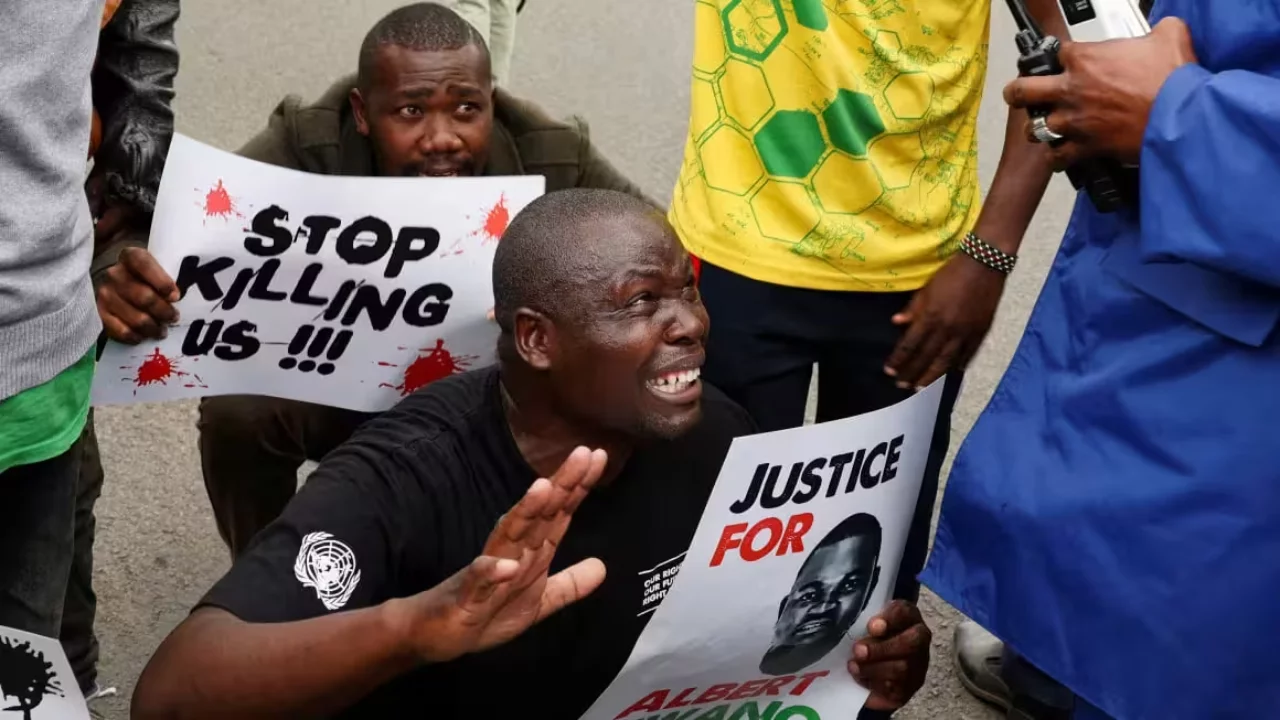
The recent wave of protests in Kenya has left a serious indelible mark on the country's social life. It all started with the news that 31-year-old teacher and activist Albert Ojwang had died in police custody. Ojwang was known among Kenyan youth for his active online presence, critical speeches and uncompromising stance against corruption in government structures.
The beginning of the tragedy
On June 2, the Kenya National Police Service announced that Ojwang had died from head injuries sustained after "hitting his head against the wall of his cell." This claim did not satisfy the public - on the contrary, it aroused strong suspicions and protests. Representatives of the public, human rights activists and doctors rejected the reason given in the official statement, saying that violence and repression could be behind Ojwang's death.
Public Outcry and Protests
The death of Ojwang has sparked widespread public anger and concern. In 2024, the Kenyan government's crackdown on dissent and the alleged killing of activists critical of the government had already sparked protests and discontent among young people. Protests broke out across the country on June 5. Police used tear gas to disperse them, but this failed to quell the protests.
Investigation and Conflicting Statements
Ojwang's arrest, death, and the entire process surrounding him have been widely discussed. According to local media, he had last been on bail and was active on social media. He was arrested on June 6 and found "unconscious during a camera search" on June 8.
Police officials have officially stated that Ojwang died from “hitting the wall of his cell.” However, government pathologist Bernard Midia said an autopsy showed “a severe head injury, signs of neck compression and multiple lacerations.” Midia described the incident as a case of open violence.
Government and public response
Kenyan President William Ruto said he was “shocked and horrified” by the tragic incident and that the country was implementing police reforms. In a statement, he said “such incidents are heartbreaking and completely unacceptable,” and promised a swift and impartial investigation.
Six police officers have been formally charged. Ojwang has been vocal about his opposition to government corruption and has criticized police chiefs. The public outcry over his death has led to protests calling for the removal of several police officers.
Conclusion
This horrific tragedy in Kenya has once again forced us to pay serious attention to the issues of human rights, police performance and the rule of law in the country. The strong public opposition and demonstrations are evidence of the people's demand for justice and transparency. This incident has become a test for the Kenyan government, and it is expected that the fight against police violence in society will intensify. Read “Zamin” on Telegram!
Ctrl
Enter
Found a mistake?
Select the phrase and press Ctrl+Enter 














